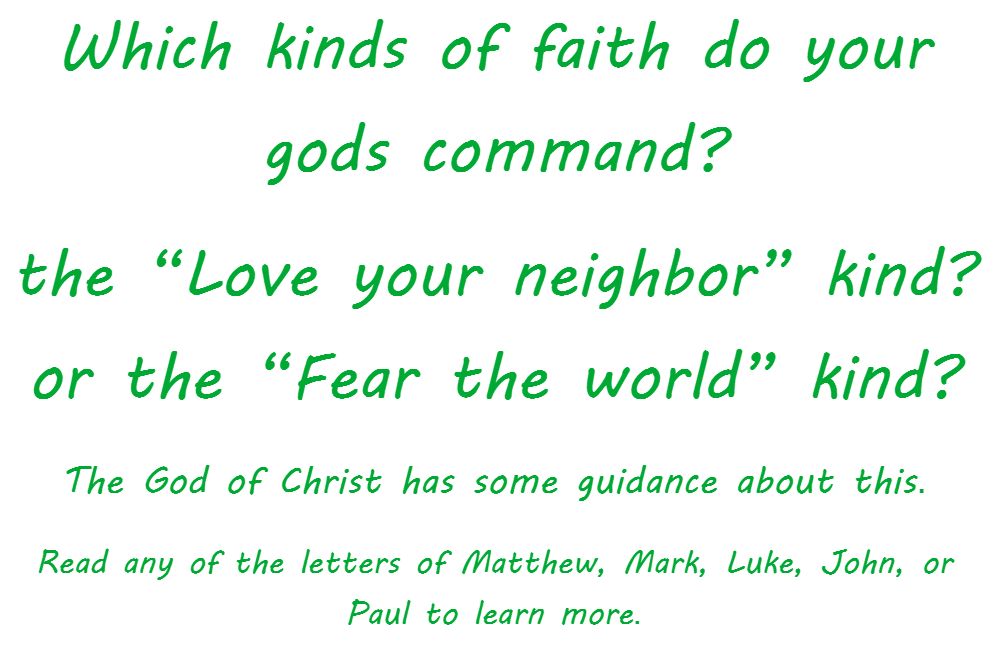This article has been interesting and intersects many thinkers I first heard about here:
(Revival – really? | Seen & Unseen)
Some snippets (heck, I’ve practically copied the whole article, but all bolding is my own):
Whisper it if you will, but an increasing number of observers are wondering if we are creeping towards some kind of Christian revival. High-profile public figures such as former atheist author Ayaan Hirsi Ali, novelist Paul
Kingsnorth, comedian Russell Brand and storyteller Martin Shaw have converted.
A term has been coined for someone close to Christianity but just outside it, such as Holland: “Christian-adjacent”. The broadcaster Justin Brierley has devoted a book to this apparent renewed interest, The Surprising Rebirth of Belief in God.
The author and psychiatrist Iain McGilchrist says of a possible religious revival: “I feel that there is [one], and I feel that there will be. And I think it’s important.” Already, he says, “It’s much easier to talk about religion and one’s religious beliefs … than it would have been 20 years ago [and] a lot of people say that.” Some young people who are not from a religious background have surprised him by finding their way to religion.
People he knows who have turned to Christianity in mid-life have moved “to the Catholic Church, but most of them to the Orthodox Church, because they see … genuine valid, uninterrupted tradition of the divine and the sacred, of worship of it, of the sense of wonder, the sense of relative humility, not triumphant exaltation, and the sense of a shared oneness that is encaptured in these ancient rituals.”
McGilchrist believes the route of fulfilment “is oneness with nature, with the Divine and with one another,” and that rediscovering a connection to the Sacred (he refers to the Sacred or Divine rather than religion) would address other pressing issues such as the “poisoning of the oceans”, due to “a proper understanding of our position in the cosmos, not as the exploiter, but as the caretaker.”
Of his own views, he says: “I genuinely am not sure how to understand what it means to be a Christian really, but I suspect that I am one.”
Dr Vernon, whose faith journey has included atheism, follows what he calls a “commodious” Christianity – “my perspective on the universal story, which I think is ultimately beyond any one expression of it – and focuses on the “Christ [that] lives within me”, in contrast to “more socially driven” or “conversion-driven” Western Christianity.
For Abby Day, Professor of Race, Faith and Culture at Goldsmiths, University of London, any talk of religious revival is “wishful thinking” but like Vernon she believes that if anything were to speak to the “spiritual but not religious” it would be “within them, or maybe within nature” and “non-institutional”.
Professor Day is wary of the interest in Christianity from the populist right, as seen in the European elections and US Evangelicals’ support of Trump. They “claim Christianity, but what they’re claiming is a national identity, and so we’re seeing Christianity be weaponised” to deliver a conservative agenda, she says.
Day, author of Why Baby Boomers Turned from Religion, takes issue with some of Holland’s arguments, saying: “The Churches have not shown themselves to be exemplary models of equality or human rights.”
That puts established religion in good company. But the Churches the Boomers rejected may have become humbler during their exile, and alternatives are available that offer different emphases. Vernon notes that the Orthodoxy that has attracted Kingsnorth and Shaw – Vernon’s “favourite convert of this revival” – is comfortable with other faiths and is more about participation through liturgy than converting to safeguard your immortal soul. And one attraction of the silence Vernon enjoys is that it doesn’t give glib answers, including to the profound questions around meaning, purpose and identity that beset nation, Church and individuals alike.
Putin’s violent ambitions could yet drive people to prayer. For now, at least, the more thinkers publicly take Christianity seriously and rediscover its wonder and mystery, the fairer hearing its stories, values, social benefits and cultural legacy will receive in the rowdy market-place of ideas, offering – at the very least – the cradle agnostic a more informed choice.

